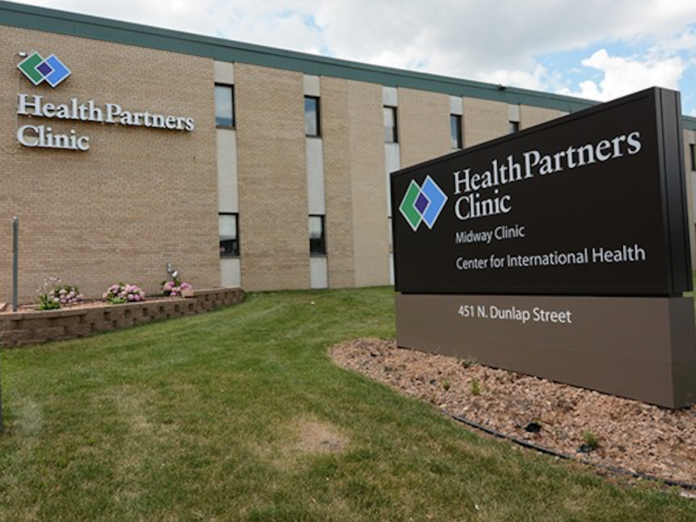HealthPartners, a nonprofit healthcare provider based in Bloomington, Minnesota was forced to furlough 10% of its staff after Governor Tim Walz ordered the cancelation of nonessential procedures.
HealthPartners temporarily suspended “most dental and optical care along with all elective, non-urgent surgery” in compliance with the governor’s order to do so. This has resulted in “areas where the organization has stopped, slowed, or deferred work temporarily.” 2,600 employees in those areas are now without pay, per a company press release.
The company also says it has halted new hiring and cut administrative salaries by up to 30%.
Andrea Walsh, HealthPartners’ president and CEO says that pay cuts and furloughs are necessary as the company struggles to keep it’s head above water amidst “an immediate and significant decrease in revenue.”

Despite financial troubles, however, HealthPartners has decided to waive the $49 fee typically associated with its “Virtuwell” online consultation.
“Ensuring that cost is not a barrier allows our members and patients to receive routine care from their homes without concern for spreading or exposing themselves to the virus,” says Jim Eppel, executive vice president and chief administrative officer at HealthPartners.
Virtuwell check ups are typically used pink eye and other minor conditions, although the system is now under use to identify patients who report coronavirus symptoms, according to KSTP.
HealthPartners is not the only Minnesotan healthcare provider to be negatively affected by Walz’s order. Mayo Clinic unveiled a plan to cut well over $1,400,000,000 in pay after the governor’s ban on non essential procedures wiped out the majority of the world famous hospital’s procedures.
Other hospitals across the nation are facing the same problem as measures that were ostensibly designed to free up resources for COVID-19 patients have left healthcare centers largely empty. The inaccuracy of early predictions that overestimated how fast and wide the virus will spread may are also likely to blame. Many healthcare resources, like an Army field hospital in Washington State, that were allocated to fight the pandemic have gone unused.


















